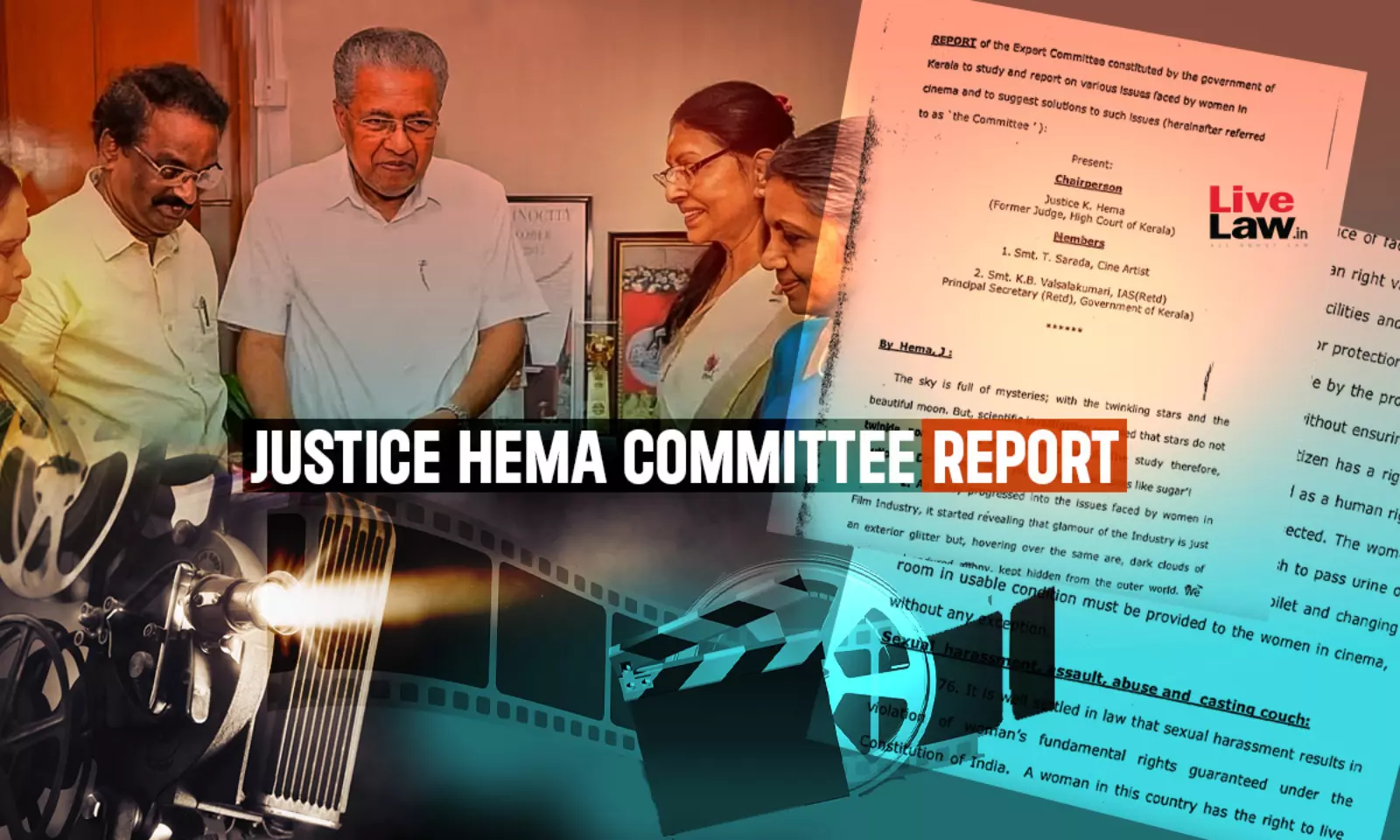The Kerala government recently made public the findings of the Justice K. Hema Committee, shedding light on the grim realities faced by women in the Malayalam film industry. The committee, tasked with investigating the working conditions of women in the industry, revealed disturbing details that highlight the deep-rooted issues of misogyny, exploitation, and abuse of power.
The Power Mafia: A Male-Dominated Control Group
One of the most shocking revelations in the report is the existence of a powerful male-dominated group that controls the Malayalam film industry. This group, comprising 15 influential figures—including directors, producers, and actors—wields significant power over the careers of those in the industry. Referred to as a “mafia” by some, this group is accused of deciding who stays in the industry and who gets cast in films. The report emphasizes that the Malayalam film industry is under the control of this small yet powerful group of men who dominate and manipulate the industry to their advantage.
A Culture of Fear and Censorship
The report further highlights a pervasive culture of fear within the industry. It states that anyone, whether male or female, who dares to speak out against this powerful group risks being blacklisted or removed from the industry altogether. The mafia-like control exerted by this group ensures that those who challenge them are quickly silenced. This has created an environment where individuals are afraid to voice their concerns or speak out against any form of exploitation or injustice.
Misogyny and the Casting Couch
The Justice Hema Committee report also sheds light on the rampant misogyny within the Malayalam film industry. The committee confirmed the existence of the notorious casting couch, where women are often pressured into compromising situations in exchange for roles in films. Directors and producers are accused of exploiting women, with those who agree to their demands being codenamed as “co-actors.”
Several women have come forward with testimonies about the exploitation they faced, revealing how they were forced to compromise their integrity to secure roles. This harsh reality underscores the need for significant changes in the industry to protect the rights and dignity of women working in Malayalam cinema.
Missing Pages and the Quest for Transparency
While the release of the report is a significant step towards transparency, it is important to note that the original 295-page draft was edited, with 63 pages being removed before its release. The missing pages have raised questions about the full extent of the findings and whether all the critical information has been made available to the public.
The report’s release, albeit incomplete, has sparked widespread discussion and calls for action to address the deep-seated issues within the Malayalam film industry. Activists, industry insiders, and the general public are now demanding stricter regulations and protections for women in the industry, as well as accountability for those who have exploited their positions of power.
The Road Ahead: Demanding Change
The Justice Hema Committee’s findings have exposed the dark underbelly of the Malayalam film industry, bringing to light the exploitation and harassment faced by women. The revelations in the report have prompted calls for immediate and comprehensive reforms to create a safer and more equitable environment for women in cinema.
Industry stakeholders, including filmmakers, actors, and producers, are now under pressure to address these issues and implement measures that ensure the safety and dignity of women in the industry. The government and regulatory bodies are also being urged to take decisive action against those who have been named in the report and to ensure that justice is served.
The release of the Justice Hema Committee report marks a pivotal moment in the fight for gender equality and justice in the Malayalam film industry. It is a reminder that the time for change is now, and that the voices of those who have been silenced for too long must finally be heard.


